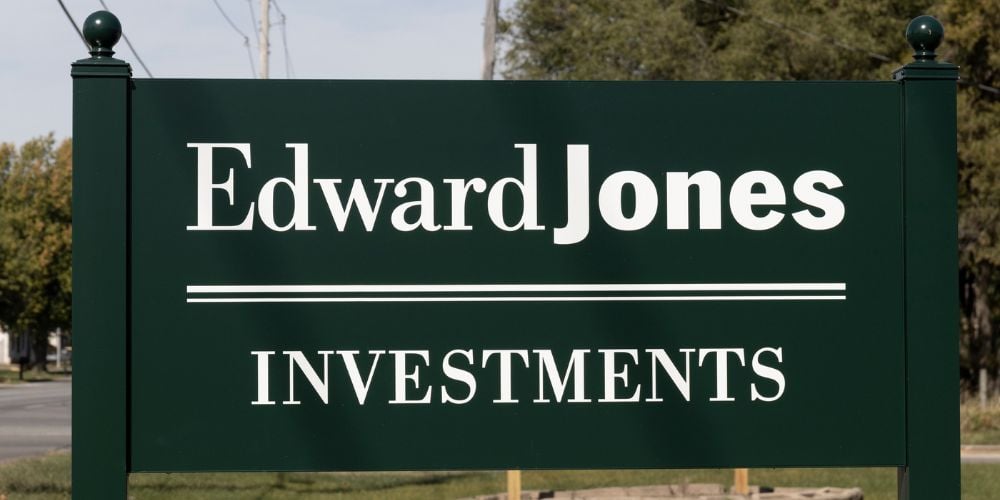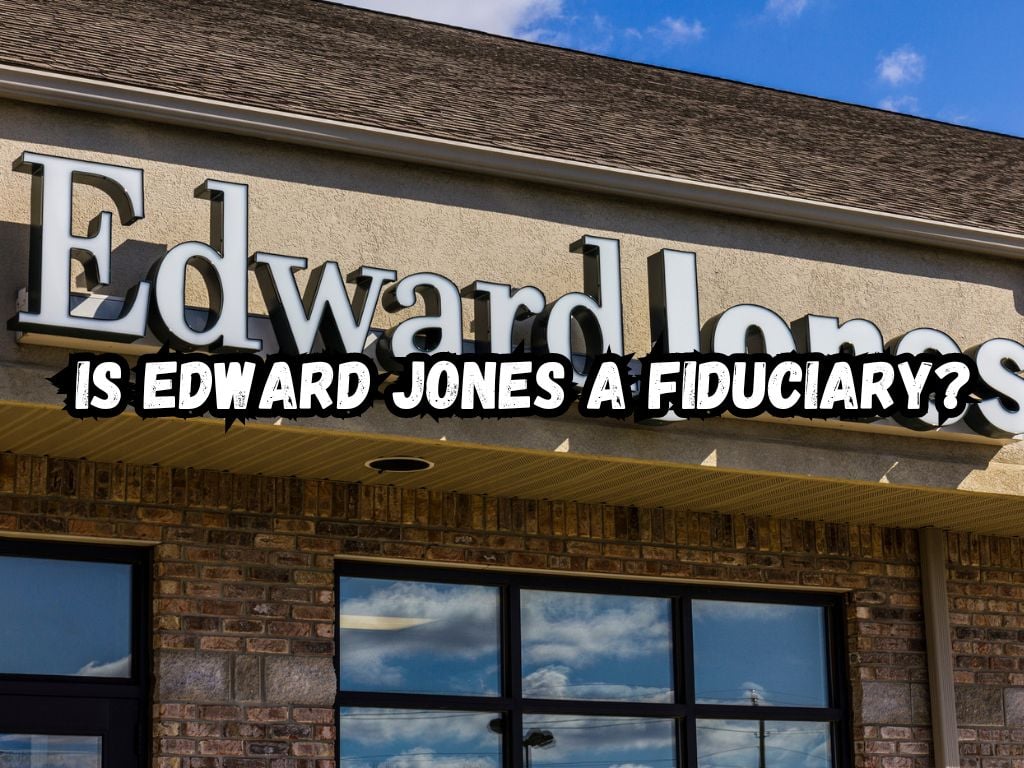With a multitude of financial advisors and firms to choose from, it can be challenging to determine if a particular advisor operates as a fiduciary and has your best interests at heart.
In this article, we will delve into the question: Is Edward Jones a fiduciary?
We will examine their fiduciary status, explore their compensation structure, weigh the pros and cons of working with Edward Jones, and address frequently asked questions.
By offering a comprehensive review, we aim to provide you with the necessary information to make an informed decision about partnering with Edward Jones.
Understanding Fiduciary Responsibility
To better comprehend the significance of fiduciary status, it is important to understand what it means to be a fiduciary.
A fiduciary is an individual or entity that is legally obligated to act in the best interests of their clients, putting the clients’ needs above their own.
This includes providing honest and impartial advice, avoiding conflicts of interest, and disclosing any potential conflicts that may exist.
The value of working with a fiduciary advisor lies in the assurance that their recommendations are driven solely by your financial well-being. They prioritize your goals and objectives, tailoring their advice to your specific needs without any ulterior motives or hidden agendas.

Is Edward Jones a Fiduciary? Exploring Edward Jones’ Fiduciary Status
When it comes to Edward Jones’ fiduciary status, it is essential to differentiate between their roles at the plan level and their obligations to individual investors.
At the plan level, Edward Jones does serve as a fiduciary for the retirement plans they manage. This means they have a legal duty to act in the best interests of the plan participants.
However, it is crucial to note that this fiduciary status does not extend to the individual investment advice provided by Edward Jones financial advisors.
While there may be some advisors within Edward Jones who operate as fiduciaries at an individual level, the general consensus is that Edward Jones is not officially classified as a fiduciary firm for individual investors.
Comparing Edward Jones’ Fiduciary Status to Competitors
To gain a better perspective, it is worth comparing Edward Jones to other major financial firms renowned for their fiduciary responsibilities, such as Fidelity and Vanguard.
Both Fidelity and Vanguard operate as fiduciaries when providing investment advice, clearly demonstrating their commitment to their clients’ best interests.
Edward Jones’ Compensation Structure
To understand how Edward Jones advisors operate in terms of compensation, it is vital to delve into their compensation structure.
Edward Jones advisors primarily earn revenue through commissions and other transaction-based compensation, typically derived from the sale of investment products like mutual funds and insurance policies.
While this compensation structure provides incentives for advisors to engage in sales and generate revenue, it also raises concerns about potential conflicts of interest.
Critics argue that advisors may be driven to recommend products that offer higher commissions, even if those products are not the best fit for their clients’ needs.
Edward Jones and Fiduciary Responsibility
Edward Jones has clarified its stance on fiduciary responsibility by stating that they adhere to a “suitability standard” rather than a fiduciary standard.
Under the suitability standard, advisors are required to recommend suitable investments based on a client’s circumstances, financial goals, risk tolerance, and other relevant factors. However, this standard falls short of the higher fiduciary obligation that demands putting clients’ interests first.
It is important for investors to understand the implications of this difference. While Edward Jones advisors may provide advice that aligns with your goals and risk tolerance, they are not legally obliged to prioritize your best interests above their own.
Pros and Cons of Working with Edward Jones
When considering whether to work with Edward Jones, it is necessary to weigh the pros and cons of their advisory services.
Some potential advantages of working with Edward Jones include their national presence, personalized approach to financial planning, and the accessibility of their brick-and-mortar offices. Additionally, Edward Jones often emphasizes building long-term relationships with their clients.
However, there are some drawbacks to be aware of as well. Critics contend that Edward Jones’ fees can be higher compared to other options, and the potential conflicts of interest resulting from their compensation structure raise concerns about the objectivity of their advice.
Additionally, some investors may prefer more advanced digital tools and online platforms, which may not be as prominent in Edward Jones’ service offerings.

Frequently Asked Questions
To address common queries regarding Edward Jones’ fiduciary status and services, here are some frequently asked questions:
Is Edward Jones a good investment company?
Edward Jones is a well-established investment company with a strong national presence and a personalized approach to financial planning. However, individual opinions on their performance may vary based on specific needs and preferences.
How does Edward Jones’ fee structure compare to competitors?
Edward Jones’ fee structure tends to be higher compared to some low-cost investment options like index funds or robo-advisors. Understanding these fees and considering their impact on long-term investment returns is crucial before making a decision.
Has Edward Jones faced any fiduciary lawsuits?
Yes, there has been litigation regarding Edward Jones’s status as a fiduciary.
Can I trust Edward Jones with my retirement plans?
While Edward Jones manages retirement plans at the fiduciary level, for individual investors, it is essential to carefully consider the level of trust and confidence you have in their advice before entrusting them with your retirement plans.
How do I quit working with Edward Jones?
If you decide to switch financial advisors or firms, it is prudent to review any contracts or agreements you may have signed with Edward Jones and understand the steps needed to terminate the relationship. It is advisable to consult with a legal or financial professional to ensure a smooth transition.
Conclusion
Determining whether Edward Jones operates as a fiduciary is a crucial consideration when choosing a financial advisor. While Edward Jones serves as a fiduciary for retirement plans, their fiduciary status may not extend to individual investment advice.
Understanding their compensation structure, potential conflicts of interest, and weighing the pros and cons will empower you to make an informed decision about working with Edward Jones.
Remember, it is essential to carefully evaluate any financial advisor’s fiduciary responsibilities and align them with your individual needs and expectations.


 Tags:
Tags:










